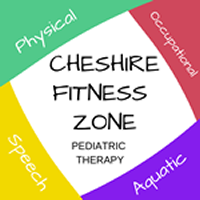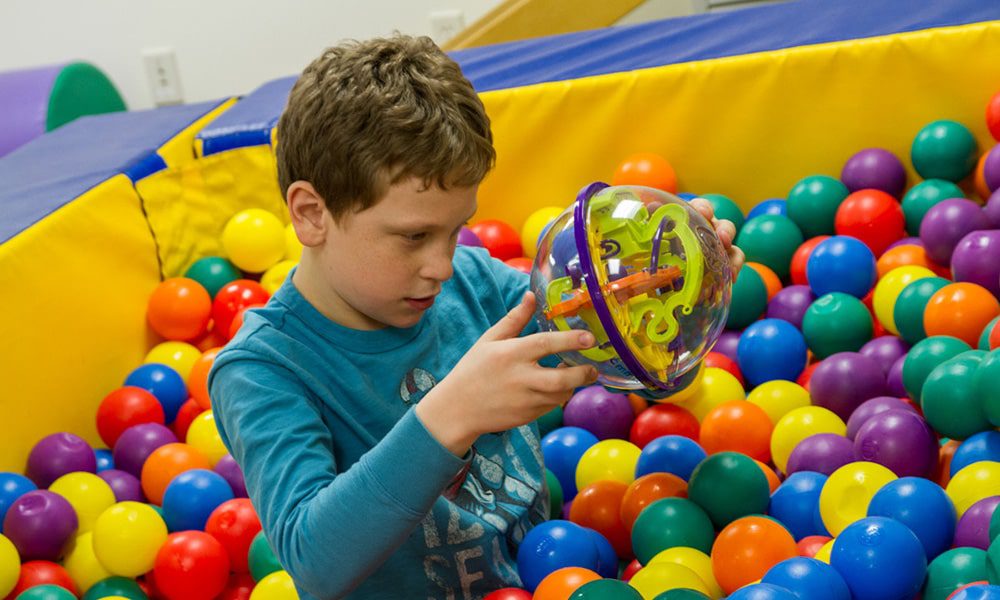Any child that is diagnosed with autism disorder is recommended for speech therapy. This might seem odd because most people with autism are either extremely verbal or non-verbal. But even the very verbal children with autism spectrum disorder are likely to misunderstand and misuse language on a regular basis. On the other hand, non-verbal children with autism can definitely develop communication skills, with some even developing spoken language skills over time.
Who exactly is a speech therapist?
A speech therapist is a certified and licensed speech pathologist that holds higher qualifications such as a master’s degree. The therapy itself involves the treatment of communication and speech disorders. A speech pathologist works in different settings, including private homes, institutions, schools, clinics, and so forth. He or she might also work as part of an educational team. They utilize a wide range of interventions and tools, ranging from speech curricula and formal tests to play-like therapy and toys.
What can a speech therapist do for your child?
Speech therapy involves more than just teaching your child to properly pronounce basic phrases and words. The therapist works with the kid on wide range of skills including:
• Concept skills: The child’s ability to state abstract concepts does not always reflect his or her ability to understand them. A child with autism often has a difficult time with ideas such as ‘liberty’, ‘justice’ and ‘few’. This is where a speech pathologist comes in. How or she works on building concept skills.
• Conversation skills: Knowing how to make statement is not the same thing as carrying on conversations. The therapist might work on back-and-forth exchange, something that is often referred to as ‘joint attention’.
• Speech pragmatics: It is important to know how to say ‘good morning’. But it is equally important to know when, whom and how the child should say it.
• Non-verbal communication: This includes teaching gestural communication and training with electronic talking devices, picture exchange cards, and other non-verbal communication tools.
Getting a qualified speech therapist
Speech therapy is one of the most established therapies in this country, meaning that it is quite likely that your medical insurance will cover the cost of treatment. It is also likely that your kid’s early intervention provider or school will provide the service for free. Conventionally, speech pathologists focus on supporting people to improve their ability to physically form words. This means overcoming problems such as lisping or stuttering as is common with children with autism. For most children with autism, speech pragmatics is the heart of many learning, communication and social issues.
Therapists in general should mould their therapy programs around the needs of an individual child and should make certain that the therapy focuses on the core deficits of autism, which are communication and social challenges. While most speech therapists incorporate social groups, daily activities and play into their sessions, others offer a more conventional approach. But whatever your case, get somebody that can understand your child’s special strengths and work through them. For example, a visual child should never be never be forced to do auditory work or vice versa.



